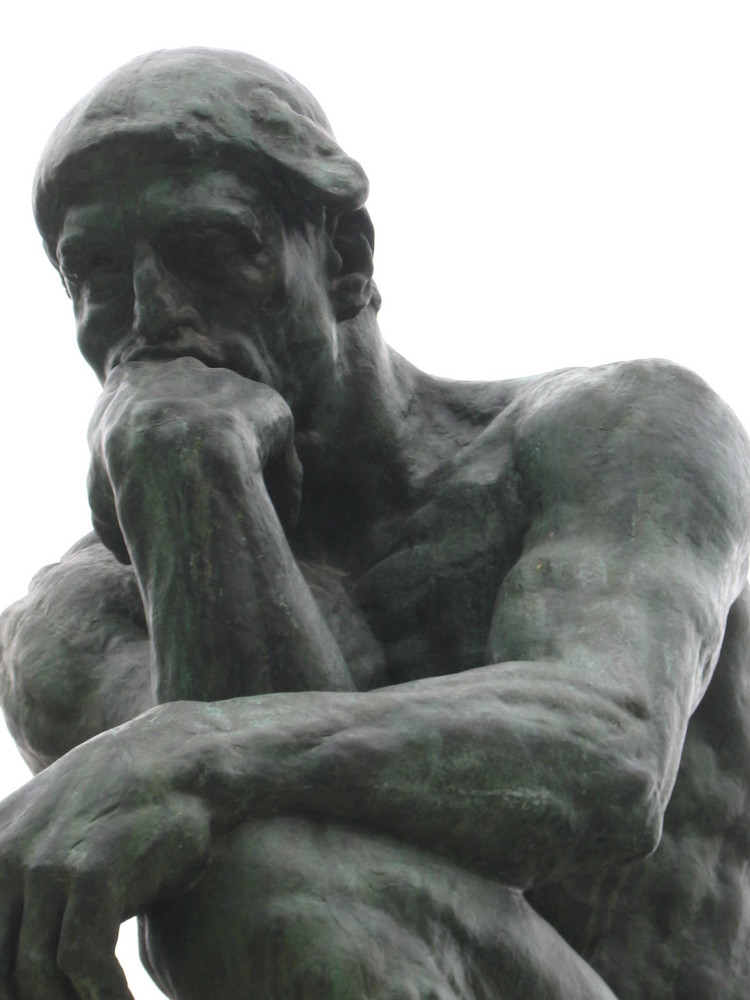A quick note on “a priori”, “a posteriori” and all that
Kripke says that there are a priori necessary truths, for example the fact that water is H20, which is true in all possible worlds, but that we know only after contact with Nature. Let’s see. First, I’m not sure it’s true that in all possible worlds, “water” should be “H20”. Besides there are flavors of water, like heavy water, so there you go, factually speaking, “water” is not exactly “H20” in all possible worlds? Second, it seems we are just playing with definitions here, and all definitions are “necessary”, like when we say that in all possible worlds, bachelors are not married - well, we shouldn’t invoke “worlds”, that makes it sound like it’s an observation of Nature, when in fact we are just playing with definitions here. Third, you could say that definitions are always necessary, and a priori, since they are some agreement between the subject and himself, without a round-trip to any object. However, fourth, I’m not sure there is really anything “a priori” at all, in fact: maybe the subject first had contact with Nature to become aware that there is such a thing as “water” out there. And maybe the subject became inquisitive and eventually realized that what he called “water” was an assemblage of molecules, “H20” - so we would all be in the domain of the Kantian a posteriori here, just putting labels on things we see, it would all be contingent, we could very well imagine a possible world with a chemistry based on something else than water. So what are we talking about here? I think the a priori/a posteriori, analytic/synthetic, necessary/contingent debate is quite messy, and that boundaries are quite blurry. Even Kant’s a priori categories of our understanding are questionable: time, space and causality could very well be learned, rather than a priori. In fact, I think that framework is obsolete. Instead, we could say that the subject that comes to be in the world starts interacting with that world, and learns models of the worlds, representations in his mind that allow him to understand and interact with the world, and to evaluate the result of his actions, so he can plan and act. On that account, what would be “a priori” would be only the capacity to build models/representations of the various phenomena in the world. The knowledge embodied in the models would all be “a posteriori”.
